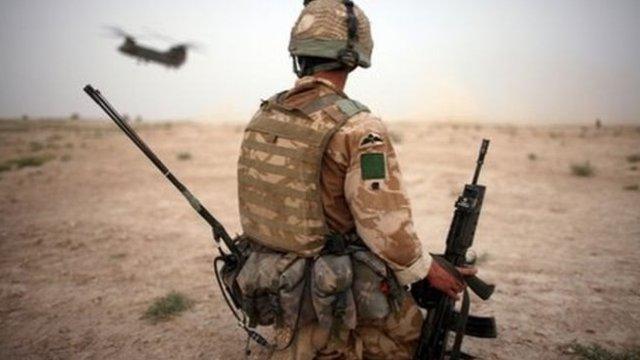Military police probe Afghanistan abuse claims
- Published
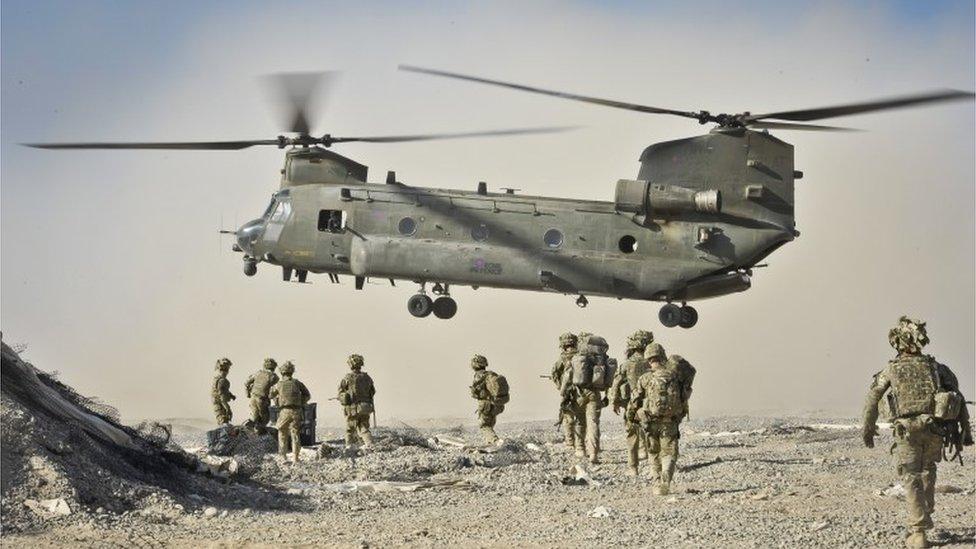
An independent policing unit set up to investigate alleged war crimes by British troops in Afghanistan has received around 600 complaints.
The Ministry of Defence said 150 people had made claims of ill-treatment place between 2005 and 2013.
Recent investigations into the conduct of British armed forces have largely focused on actions in Iraq.
The MoD said any "credible claims" of criminal activity should be investigated.
Members of the Royal Military Police are looking into the allegations as part of Operation Northmoor.
An MoD spokesman said: "Our armed forces are rightly held to the highest standards and, whilst rare, where there are credible claims of criminal behaviour, we should investigate them.
"An independent investigation is the best way to make sure that innocent personnel are not dragged through the courts without cause - none of the Op Northmoor allegations investigated have so far been referred to the Service Prosecution Authority."
'Vexatious allegations'
It comes after the Iraq Historic Allegations Team (Ihat), which investigates claims of murder and abuse by British soldiers in Iraq, has come under fire.
One British serviceman, who is facing prosecution over the death of an Iraqi teenager, said the Army had "failed in its most basic duty of care" by abandoning troops to be hounded for abuse claims.
He said the Army had "betrayed its finest people" by leaving them unsupported to be pursued through the courts.
Three former Army servicemen are also preparing to go to court over the death of the 19-year-old in a waterway near Basra 13 years ago, despite earlier being cleared of wrongdoing.
Prime Minister Theresa May has said she will not allow an "industry of vexatious allegations" against UK troops over claims of abuse in Iraq.
She said steps had been taken to tackle abuse of the system following concerns about the "industrial scale" of claims supported by legal aid that had been lodged with Ihat .
Mrs May said Britons should be proud of the work done by the armed forces and the disciplined way in which they operated.

The war in Afghanistan
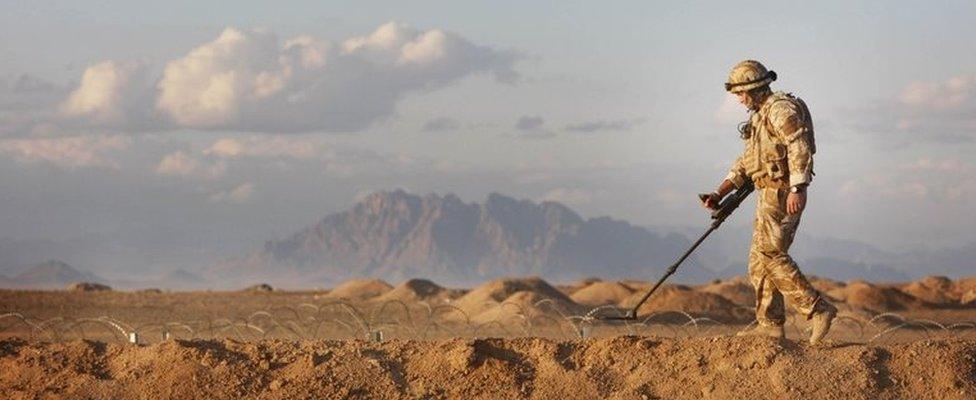
The UK was involved in the conflict in Afghanistan for 13 years, between 2001 and 2014, fighting against the Taliban - the then ruling power in Afghanistan - and Islamist militant group al-Qaeda
The conflict was sparked by the 9/11 terrorist attacks on the World Trade Center in New York, by members of al-Qaeda. The US declared war and Britain deployed ground troops in November 2001
In 2006, British forces moved into Helmand province in the south, one of Afghanistan's most volatile regions. British military base Camp Bastion was built in the desert. At its peak it was home to 40,000 people - the size of Reading
British forces faced regular attacks from the Taliban, and as violence increased, reinforcements were sent in. At the peak of the campaign, in Helmand alone there were 137 UK bases and about 9,500 UK troops stationed there
In total, 456 UK troops lost their lives in the conflict - a death rate much higher than that of the conflict in Iraq, or the Falklands War. The bloodiest year was 2009, when 108 soldiers died
By 2011, calls were growing for the British to pull out, and Prime Minister David Cameron pledged to end combat operations by 2015
In spring 2014, Task Force Helmand was closed, and Camp Bastion was handed over to Afghan security forces. The last UK combat troops left Afghanistan in October 2014
The conflict had cost the UK £40bn

- Published21 September 2016
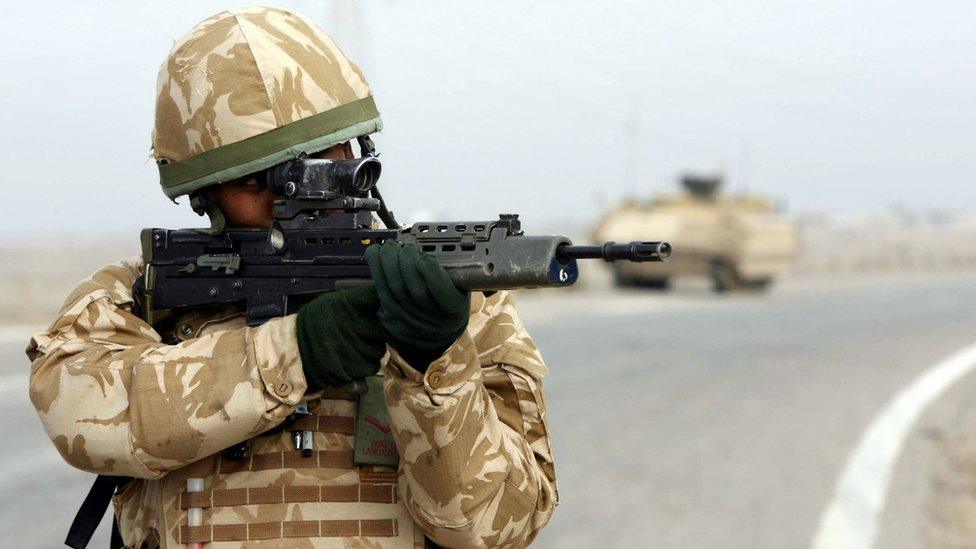
- Published16 September 2016
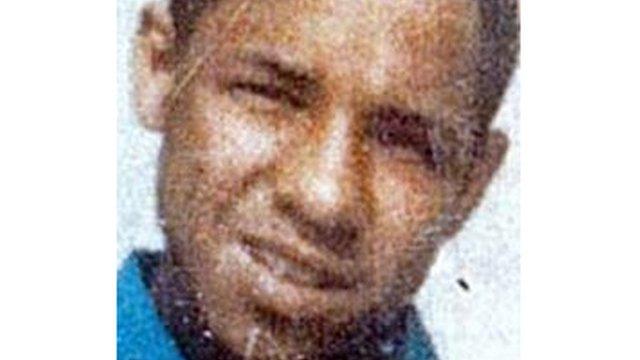
- Published15 August 2016
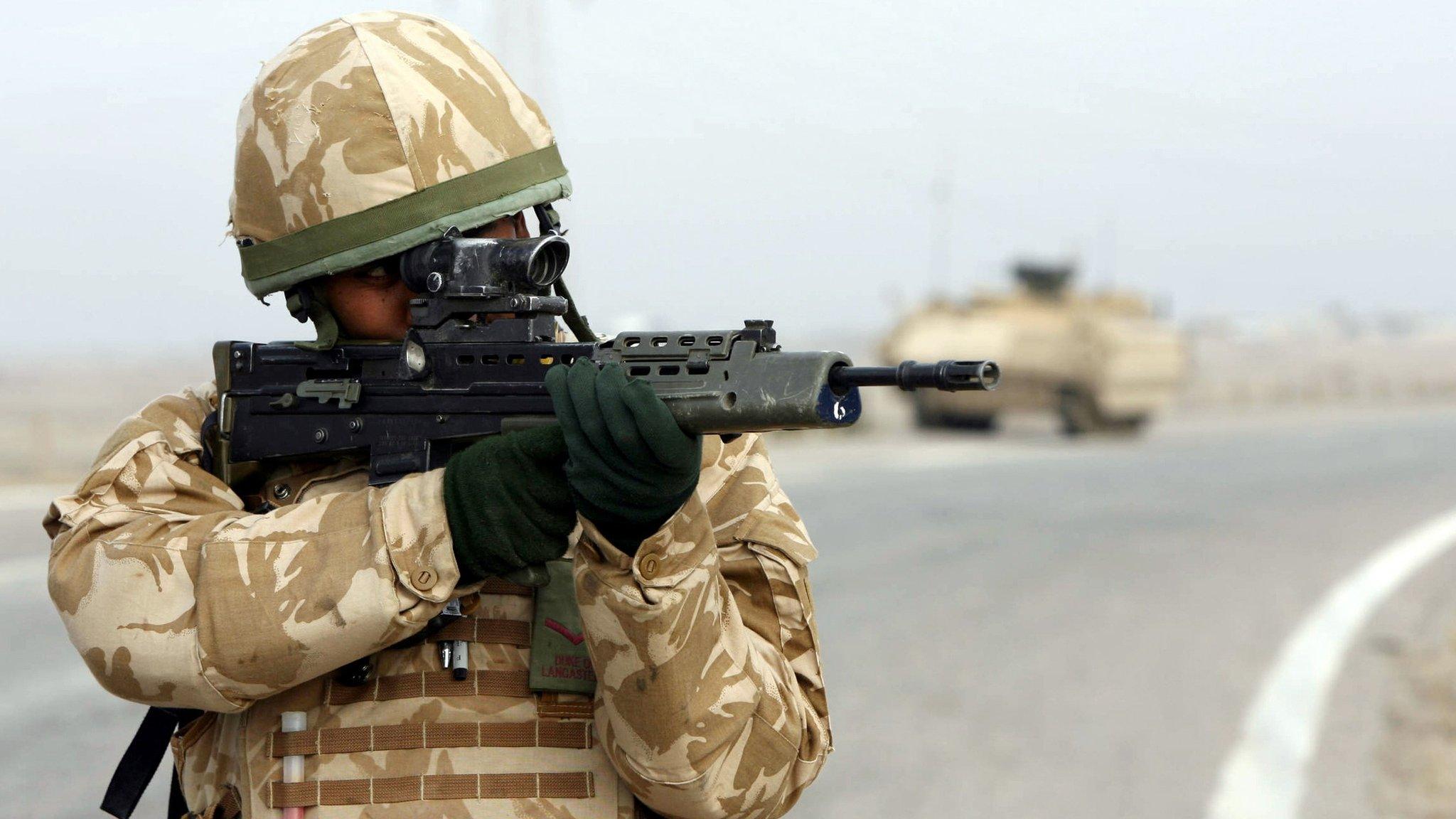
- Published2 January 2016
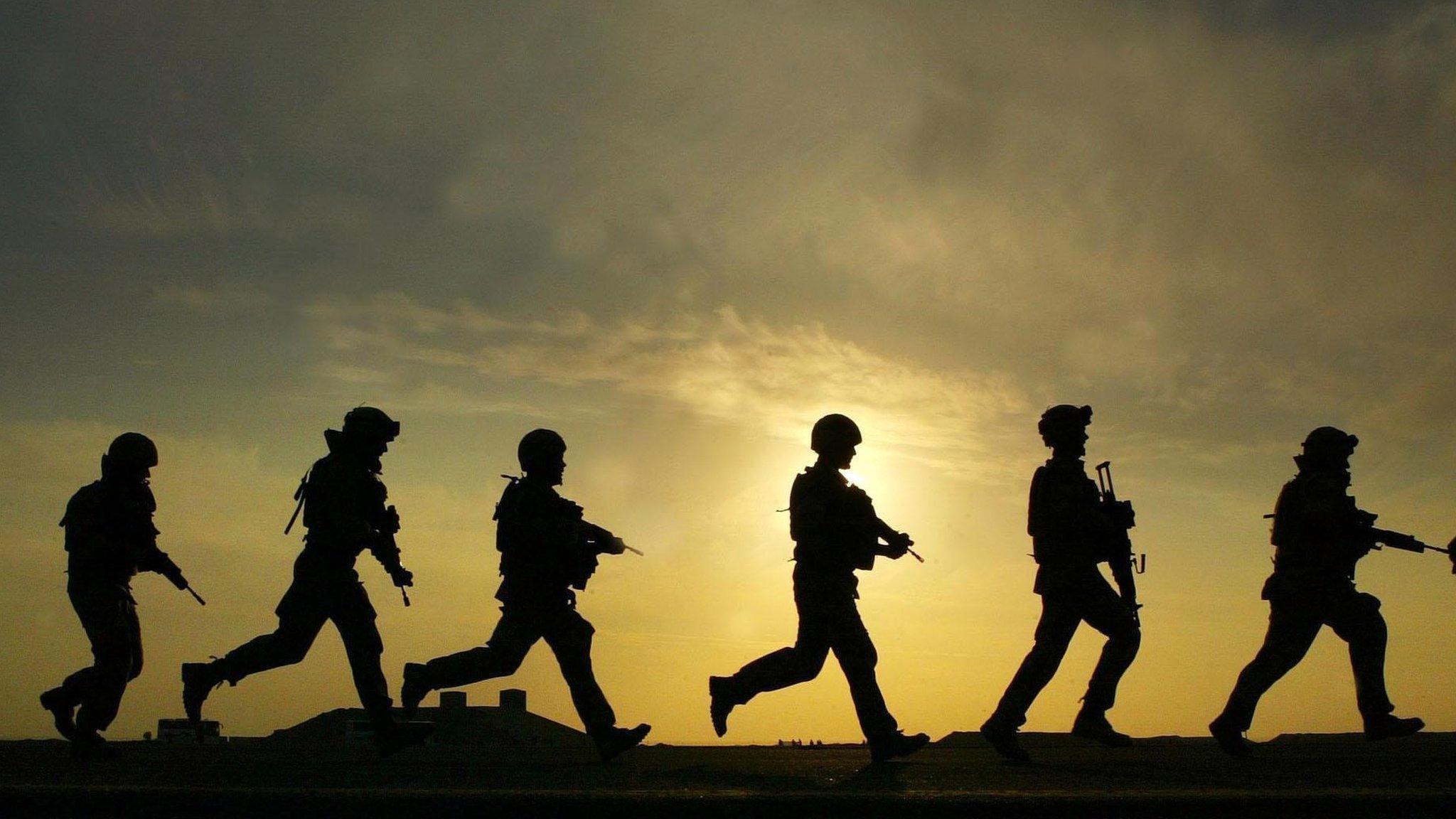
- Published22 December 2015
